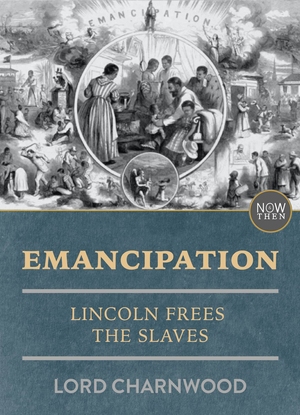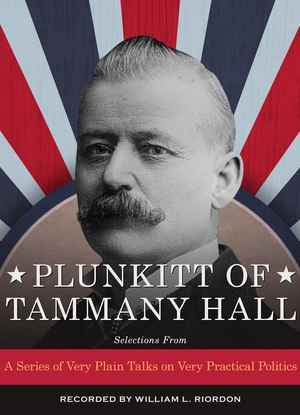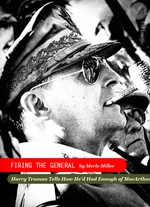Emblems of Woe - Preview
How the South Reacted to Lincoln's Murder
by David Hardin
EMBLEMS OF WOE
Although both men spent years in the same small army before the Civil War, Union General William Tecumseh Sherman and Confederate General Joseph Johnston had never met face to face. Their wartime armies, of course, had met: first in bloody Georgia in the summer of 1864, then beginning in March 1865 in North Carolina. There the terrible conflict between them was destined to end.
Or so both hoped. By early April the Southern Confederacy’s capital of Richmond had fallen; its president, Jefferson Davis, and its government were in flight. On April 9, Robert E. Lee had surrendered his army to Ulysses Grant’s at Appomattox. That last had been the death blow; the rest was almost mopping up. The Union’s numbers were overwhelming. Their biggest fear at this stage was that Confederate remnants would flee to the Appalachians as guerrillas.
Johnston sent a letter to Sherman in Raleigh seeking a meeting to talk. Sherman agreed; there was certainly no sense in the war going on. The day arranged for the meeting was April 17, 1865, a Monday.
Sherman planned to go easy on Johnston. He would be lenient and generous, just like Grant with Lee—just like President Lincoln wanted, to get the war ended, to get the soldiers back to their farms and the nation united again. Sherman and his staff prepared to board a train to meet Johnston near Durham. It was spring. It was the day after Easter, that day of Resurrection. . . .
Suddenly a telegraph operator came running to Sherman with an important message from the port of Morehead City. Sherman held his train while the message was deciphered. Dated Saturday, April 15, it came from Secretary of War Edwin Stanton in Washington: Abraham Lincoln had been assassinated, and a near-fatal attack had been made on Secretary of State William Seward. Stanton’s message also warned Sherman of a potential assassin. He was beseeched “to be more heedful than Mr. Lincoln was of such knowledge.”








